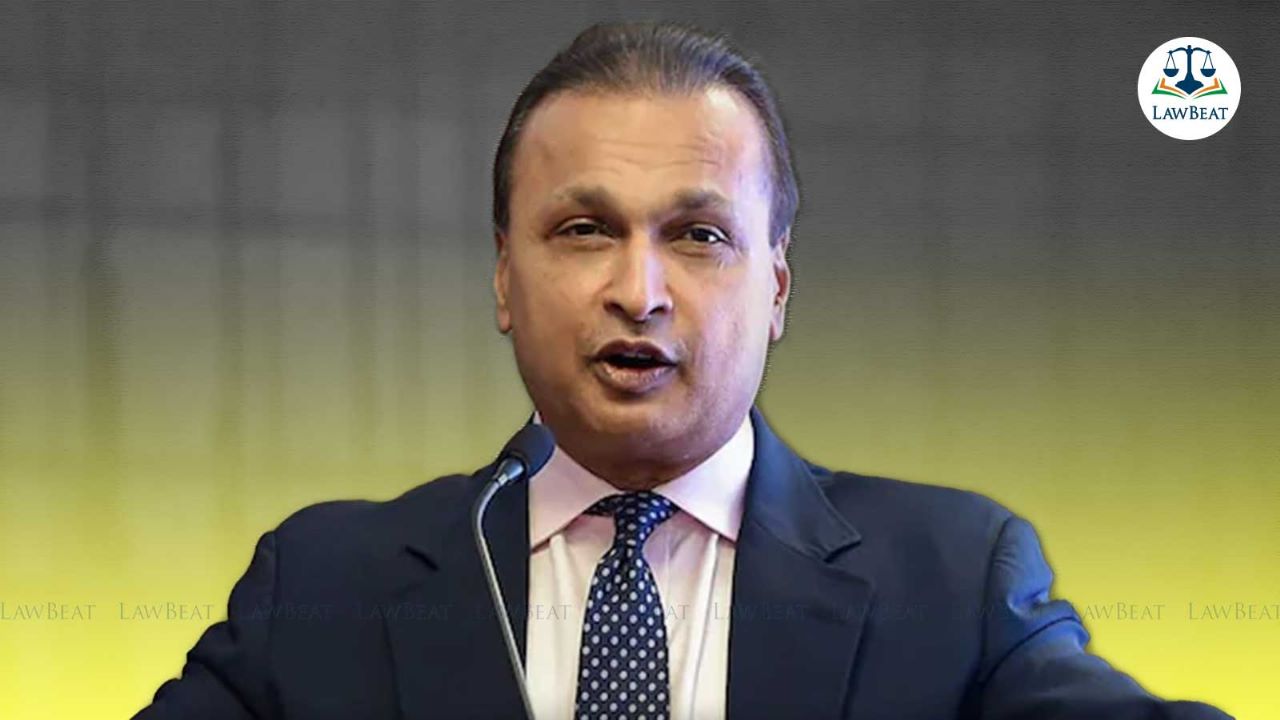Bombay High Court Grants Interim Relief To Anil Ambani in Penalty Notices Issued Under Black Money Act

The high court allowed Anil Ambani to amend his petition and challenge the penalty notice issued to him with respect to the show cause notice which was earlier issued by the department.
The Bombay High Court has directed the Income Tax Department to refrain from taking any action against Anil Ambani, the chairperson of Reliance Group til April 17th March regarding penalty notices issued to him in connection with income tax proceedings.
Ambani had filed a petition challenging a show cause notice issued under the Black Money (Undisclosed Foreign Income and Assets) and Imposition of Tax Act, 2015, which was protected by a co-ordinate bench of the High Court on September 26th, 2022.
During the hearing, Senior Advocates, Rafique Dada, and Prateek Sekseria for Ambani, stated that the income tax department had issued penalty notices in relation to the show cause notice. Dada sought to challenge the imposition of these penalty notices and requested permission to amend the petition which was granted by the division bench.
The bench also protected Ambani from any action until the next hearing date.
“The petitioner will be pressing for ad-interim reliefs as subsequent demands have been made in form of subsequent penalty notice. Leave is granted to amend petition. Authorities to take no further steps pursuant to penalty demand notice till March 17, 2023,” the court said.
The IT Department had earlier issued notice to Ambani for evasions of Rs 420 crores tax of the undisclosed fund of Rs 814 crores. The IT Department has alleged that there was a wilful and intentional evasion of tax and non-disclosure of foreign assets by Ambani.
Anil Ambani in his plea has also challenged the constitutional validity of the Black Money Act.
During the earlier hearings, Senior Advocate Rafiq Dada had argued that the Imposition of Tax Act, 2015 came in the year 2015, and the alleged transactions were from the assessment year of 2006 and 2010-2011. Therefore, while relying on Article 20 of the Constitution of India, he had argued that there could not be a retrospective operation of law. He had also submitted that similar issues were pending before different high courts and the Bombay High Court.
Case Title: Anil Dhirajlal Ambani versus Union of India & Ors
